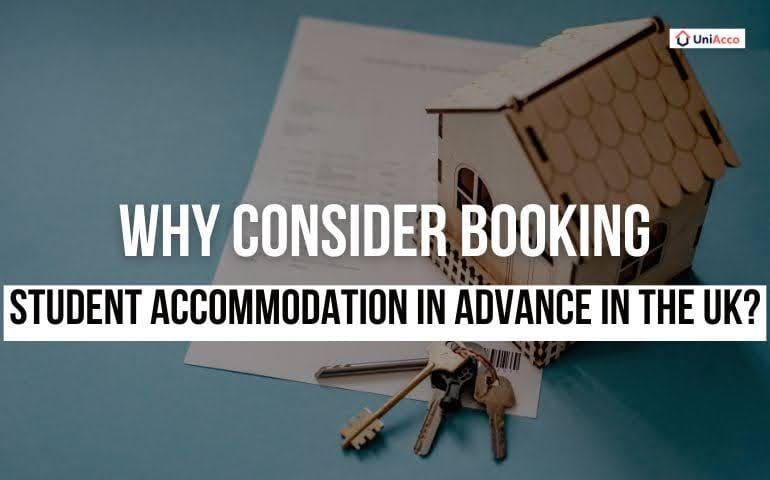High acceptance rates don’t always mean low quality and the United Kingdom is the perfect proof. Some universities combine solid academic credibility with admission chances far above the national average, offering students a realistic shot at building their future in...

Top 10 Universities in the UK with High Acceptance Rate In 2026
read more

















